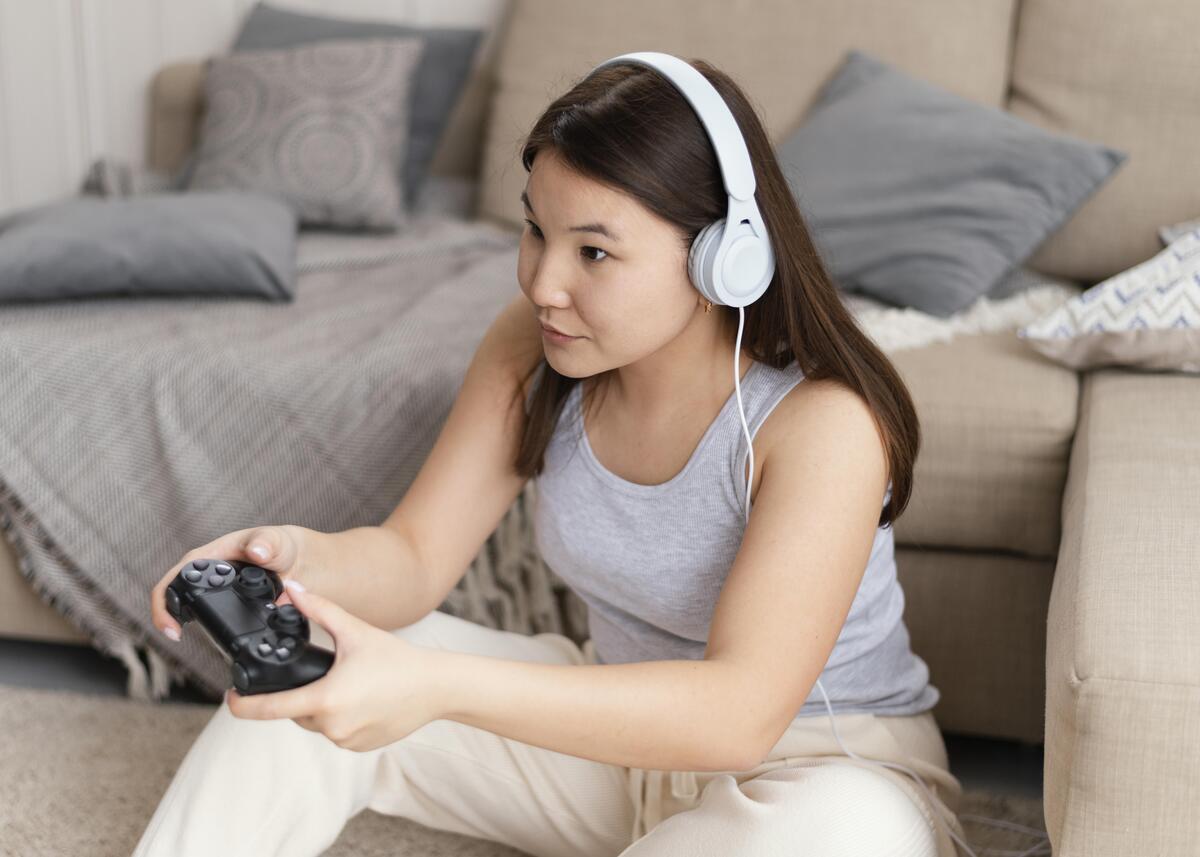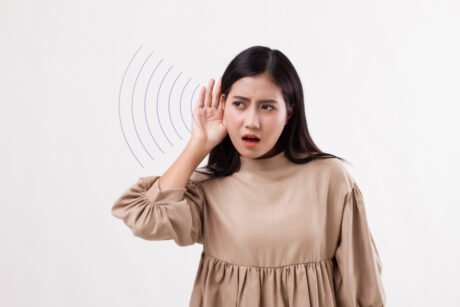Modern games are built on immersion. From the faint rustle of leaves in an open-world landscape to the deep resonance of an explosion in a fast-paced match, game audio adds realism and depth to each experience. It’s also what connects players, hours spent in voice chats planning strategies, sharing moments, and building communities.
Yet, behind this high-fidelity experience lies a growing concern for long-term well-being. The intensity and duration of gaming sessions can place real strain on the ears, gradually affecting hearing health. As gaming becomes more than just a pastime, it’s worth asking: Can video games damage hearing over long periods of time?
In this article, we’ll look at how prolonged, high-volume gaming can lead to hearing loss and outline simple, practical ways to protect it, including tips on how consulting audiology professionals in Singapore can help maintain your long-term auditory health.
Can Video Games Damage Hearing?
In short, yes, and major health organisations are beginning to take notice. Recent research, including a systematic review conducted with experts from the World Health Organisation (WHO), has identified video gaming as a growing source of unsafe listening practices.
The reason is simple. Sound that’s too loud for too long. Studies show that many popular games reach or exceed recommended safe listening levels, particularly during extended play. When sudden, high-intensity sounds like gunfire or explosions are combined with hours of continuous exposure, the risk of long-term hearing loss increases significantly.
Enjoying immersive, high-volume sound is part of the experience when it comes to playing games, but repeated exposure over time can strain the delicate structures of the inner ear, leading to changes that may be irreversible.
The Subtle Side Effects of Prolonged Gaming on Your Hearing
Hearing damage rarely happens suddenly. It develops gradually, often going unnoticed over hundreds of hours of gameplay. Ignoring early warning signs can have lasting effects, not only on day-to-day communication but also on overall listening performance.
- Hearing Fatigue: Long sessions, even at moderately high volumes, can tire the auditory system. This may cause temporary dullness or a “plugged” sensation in the ears, a sign that the inner ear cells need time to recover.
- Tinnitus: One of the most common symptoms of early hearing strain is tinnitus, a persistent ringing, buzzing, or hissing sound in the ears. Prolonged exposure to loud audio can trigger or worsen this condition.
- Difficulty with Speech: Extended exposure to complex, high-volume in-game sound can affect the high-frequency range needed for speech clarity. You may still hear voices, but find them harder to distinguish in noisy places like cafés or offices.
- Impact on Performance: For competitive players, hearing precision matters. Protecting your hearing helps preserve not just your well-being, but also your ability to respond quickly and accurately in sound-dependent environments.

What Are the Side Effects of Gaming Headphones?
Headphones provide immersion, precise spatial audio, and clear team communication, but they also serve as the main route through which unsafe sound reaches the ears.
The primary concern involves closed-back or noise-isolating headphones. While effective at blocking external noise, they can trap sound and reduce the natural cues that would normally prompt you to lower the volume. With a tight seal, it’s easy for the sound to become too loud, even unintentionally, increasing the risk of hearing damage.
Unlike external speakers, which disperse sound more broadly, headphones channel high-intensity audio directly into the ear canal, increasing the risk of noise-induced damage over time.
How Can Gamers Protect Their Ears?
Maintaining healthy hearing doesn’t mean giving up your favourite games. It’s about adopting safe, consistent listening habits.
- The 60/60 Rule: Limit headphone use to no more than 60% of your device’s maximum volume and 60 minutes at a time. This helps prevent the sound from becoming too loud and reduces exposure to potentially damaging noise levels.
- Take Micro-Breaks: Step away from your headphones for 10–15 minutes every hour. Spending time in a quiet environment allows the inner ear cells to recover and helps prevent auditory fatigue.
- Choose Wisely: When possible, use open-back headphones or external speakers. Open-back designs let sound escape, reducing pressure, while speakers naturally encourage lower volume levels.
- Adjust In-Game Audio: Take advantage of your game’s audio settings. Lower the volume of non-essential sounds, such as background music or ambient noise, while keeping critical cues like footsteps or voice chat at a clear, comfortable level.
The Importance of a Hearing Test
It is possible to be a dedicated, competitive gamer while protecting your hearing. The first step is understanding the current state of your auditory health.
Hearing loss from gaming develops gradually and often goes unnoticed until significant changes occur. A comprehensive hearing test with a qualified professional is a non-invasive way to identify any existing issues, including subtle high-frequency loss or early-stage tinnitus. This allows you to take proactive steps before damage becomes permanent.
Don’t wait until ringing becomes constant or conversations start to feel muffled. Take control of your auditory health and schedule a consultation at the Listening Lab today.










